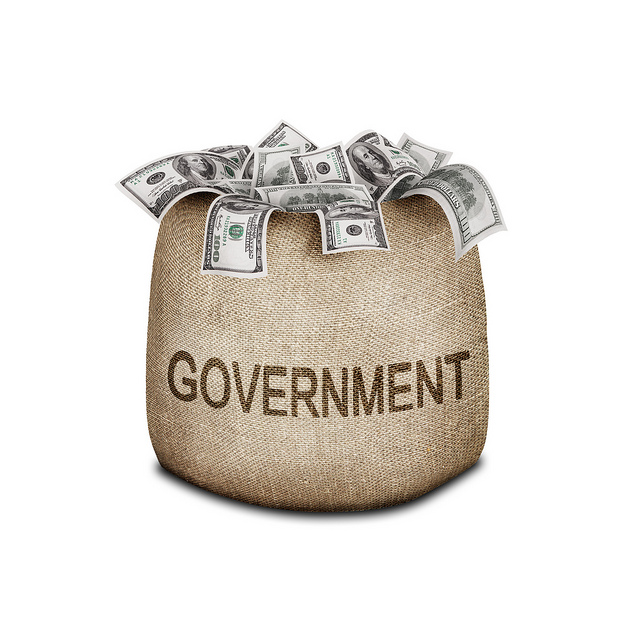Is $1 Million in a 401(k) Really $1 Million?

Though $1 million might be staring back at you when you look at the details of your 401(k) account, we must always remember that retirement accounts are ‘tax-deferred’ rather than ‘tax-free.’ Often, those approaching retirement think that they’ll keep 100% of the money in their retirement account, but this is sadly untrue.
How Does Tax Work?
While you might have enjoyed many years of building the fund without worrying about tax, it will now be due on every withdrawal. No matter what funds you’ve built, you’ll be taxed ordinary income tax rates. Furthermore, those who withdraw from the account while under the age of 59 and a half years will have to pay a 10% early withdrawal fee. Too often, these implications are forgotten, and it can lead to quite a shock.
If you’ve thought about taking a large withdrawal to pay off a mortgage and debts, you’ll need to be careful because financial planners suggest this could be the difference between your current tax bracket and the one above. According to the president of AJW Financial Partners, Nicolas Abrams, it’s common for retirees to want upwards of $200,000 from their 403(b), 401(k), and TSPs to pay off a mortgage. However, this lump sum will be treated as income, and it can end up costing more than $50,000.
Instead, Abrams suggests sitting down with a financial planner and assessing other routes to prevent significant chunks of retirement funds being wasted. Unfortunately, many only seek professional advice after taking a huge withdrawal. Not only are many being pulled into the 24% tax bracket, but they’re also forgetting about the early withdrawal penalty too (another 10%).
Expert Withdrawal Advice
When dealing with 401(k), 403(b), or any other retirement accounts, Abrams says your first thought should always be to contact a financial professional. Before even considering withdrawals, this will allow you to avoid tax losses that are not only significant but also unnecessary. With a finance professional, a plan can be devised to avoid tax complications. If tax isn’t taken at source and is then not paid on time, this can lead to additional penalties and perhaps highlights the minefield in which retirement account withdrawals operate.
For one financial planner in Boca Raton, Harvey Bezozi, he says he often has to fight for tax relief with clients. Depending on the situation, he’ll assess how the IRS calculated the penalties and tax fees before then suggesting solutions. In some cases, Bezozi will request a reduction due to first-time penalty abatement or a hardship withdrawal.
Sadly, stories of people running into danger after inheriting retirement accounts are also becoming more common. In one case, somebody inherited a $500,000 IRA in their mid-30s and wanted to withdraw the whole lot immediately. After not realizing the repercussions of this, they went into a higher tax bracket and lost 40% to tax. While on this theme, a common solution to inheriting a retirement account is to open an inherited IRA and gradually bring the balance down.
Since IRA and 401(k) distributions are considered income, the amount you withdraw will also impact Medicare premiums which is yet another consideration (and potential trap!). All things considered, we highly recommend talking to a financial and tax professional so you can sit down and assess your financial position. After spending decades building this brilliant retirement fund, we’d hate to see you fall into the trap of many before you and lose a significant percentage. With the right team, you can save your retirement and prevent crucial mistakes!







